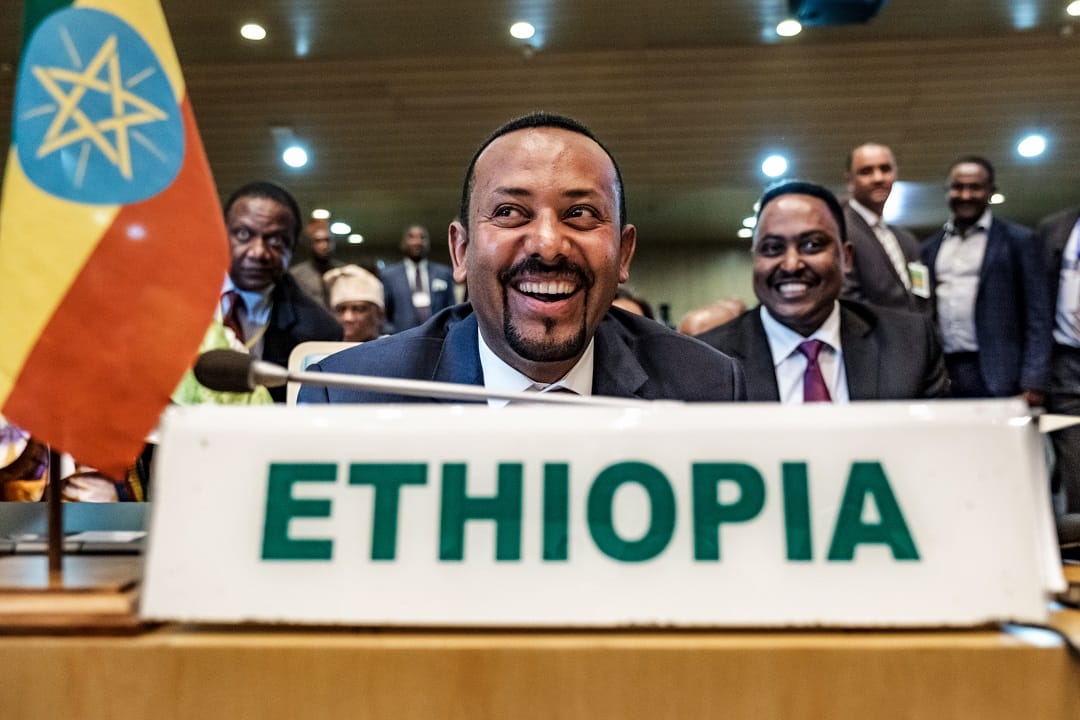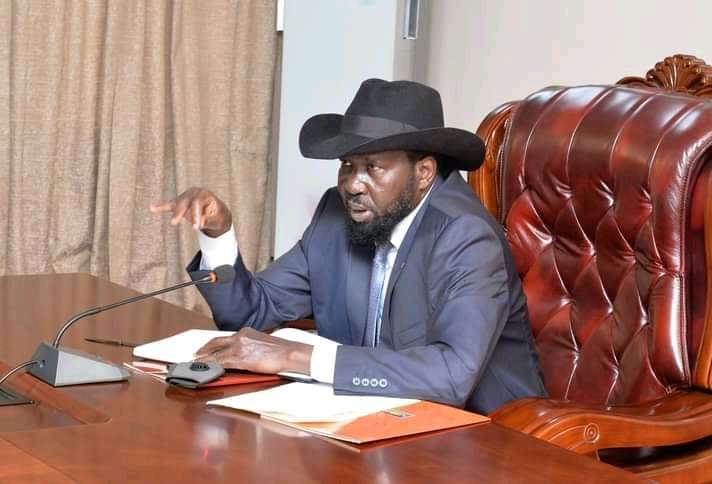Under both Ethiopian and international law, the arrest or detention of a person by the authorities, followed by a refusal to acknowledge the deprivation of liberty or by concealing their fate or whereabouts, amounts to enforced disappearance. The authorities must carry out an effective, independent and transparent investigation into this apparent enforced disappearance,” said Yonas Amare of Human Rights Watch (HRW)
To unlock the full article:
Choose one of the options below:
- Ksh 10 – This article only
- Ksh 300 – Monthly subscription
- Ksh 2340 – Yearly subscription (10% off)
By The Weekly Vision Correspondent
Human Rights Watch (HRW) has accused Ethiopian security forces of arbitrarily arresting several journalists and media professionals since August, urging them to end the harassment of independent reporters and to immediately release all those detained for exercising their rights to freedom of expression and opinion.
“The Ethiopian authorities’ renewed efforts to muzzle independent reporting are all about preventing public scrutiny of the government,” said Laetitia Bader, deputy Africa director at Human Rights Watch. “The authorities should stop targeting journalists and media workers and immediately release those unjustly detained for their work.”
According to HRW, on 3 September, federal police and plainclothes officers in Ethiopia’s capital, Addis Ababa, arrested Tigist Zerihun, Mintamir Tsegaw, and Eshete Assefa, who work for Sheger FM 102.1, a private radio station. The arrests followed their 29 August broadcast of a report on Ethiopian healthcare workers.
The Ethiopian Media Authority, a regulatory body empowered to issue sanctions and revoke licences of news outlets, had ordered the station to remove the broadcast, accusing it of bias and incitement to violence, HRW said, citing a local media report. On 30 August, the station complied, but security forces still arrested the journalists.
Eshete was released the same day, while Tigist and Mintamer remain in detention at the Federal Police Crime Investigation Bureau. At their 8 September court hearing, the police requested additional time to investigate. The court granted them bail on 17 September, but they are not known to have been released as of yet. Police appealed the lower court’s decision to the Federal Supreme Court, with the appeal hearing scheduled for Monday, 22 September.
HRW also cited an incident on 13 August in which masked gunmen, some allegedly in military uniform, abducted Yonas Amare, a senior editor at the privately owned newspaper The Reporter, from his home in Koye Fiche town, on the outskirts of Addis Ababa. Media reports stated that a witness saw masked men confiscate mobile phones and order other residents indoors before taking Yonas away. The Addis Ababa Police Commission denied holding him in custody, as did the Federal Police Commission, HRW said, quoting the local publication The Reporter. His whereabouts remained unknown for eight days until his release on 22 August.
Under Ethiopian and international law, the arrest or detention of a person by the authorities, followed by a refusal to acknowledge the deprivation of liberty or by concealing their fate or whereabouts, constitutes an enforced disappearance. The authorities should conduct an effective, independent, and transparent investigation into the apparent enforced disappearance of Yonas Amare, HRW said.
In another incident on 5 August, regional police in Ethiopia’s Somali region arbitrarily detained Khadar Mohamed Ismail, a reporter with Somali Regional Television, a state-owned broadcaster, after he published a video on the station’s social media page showing people criticising the regional government. Khadar was brought before a court on August 9, but more than a month later, he has not reappeared. A relative said he remains in detention without charge.
On 11 August, security forces detained Abdulsemed Mohammed, a radio host in Addis Ababa, holding him incommunicado until his release on 22 August. HRW said the arbitrary detention of at least six media professionals, including holding them incommunicado or in prolonged detention without charge, heightens concerns about media freedom in Ethiopia. The organisation added that safeguarding everyone’s right to a free and vibrant media is especially critical in the run-up to national elections scheduled for 2026.
[/full]




